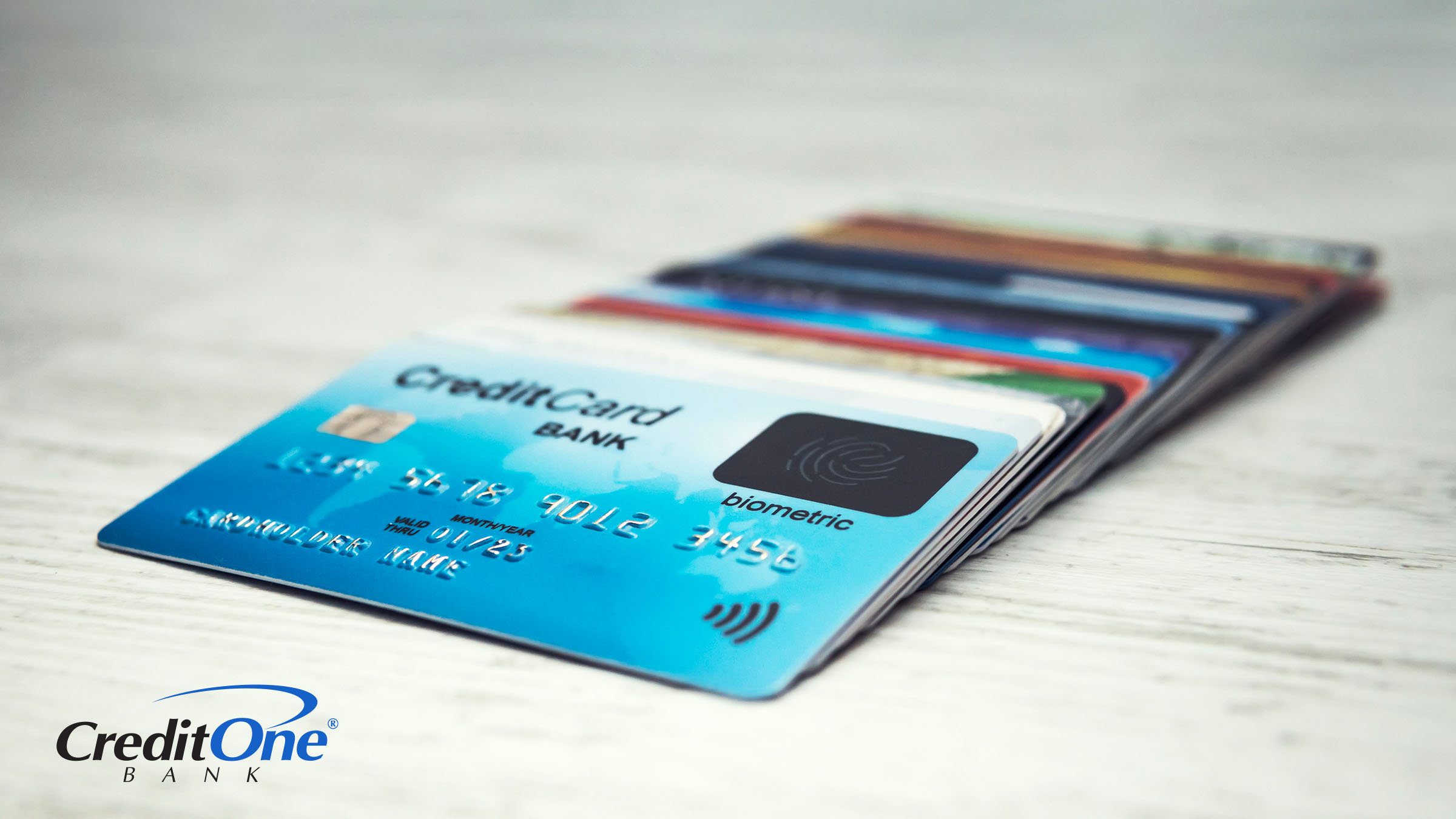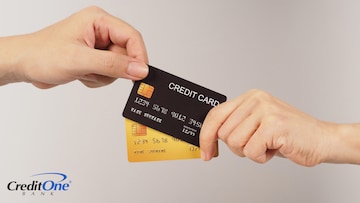The Benefits of Using Credit Cards Over Debit Cards
July 24, 2025
Credit cards and debit cards look and act a lot alike. So what are the benefits of using credit cards over debit cards?

Introduction
There was a time when cashiers would always ask “credit or debit?” when you were ready to check out. But these days, integrated point-of-sale (POS) systems make that question obsolete. The machine knows what type of card you’re using, and the way you interact with the keypad determines a second level of distinction.
When you choose to bypass your PIN during a debit card transaction, you’re typically using it as credit — or “pen” instead of “PIN,” meaning you’re signing for the purchase rather than entering your personal identification number. And sometimes you won’t have to use a PIN or sign your name, depending on the merchant and the purchase size.
This streamlined transaction type is called “no cardholder verification method” (no CVM). It’s common for smaller transactions, contactless payment technologies, or unattended POS systems like vending machines and transit systems.
Even though this topic is a bit complicated, it becomes clearer when you zoom out a bit. Some of the same benefits apply to both credit cards and debit cards, but there’s still a substantial set of differences between them.
So the real question isn’t whether you’re using credit or debit — but why you might want to choose one over the other for any given purchase.
Credit vs Debit Cards
Both credit cards and debit cards fit in the same slot in your wallet. Both can be used to make online purchases, rent a car, or book a hotel room. Both offer transaction confirmations, some level of purchase protection, and may come with the potential to earn rewards. So what’s the difference between credit cards and debit cards?
Credit cards function like a loan. You’re not spending your own money — you’re spending against a credit line offered to you by a creditor. In order to keep that privilege, you’re expected to honor your credit card bills and repay the money you’ve borrowed with the card. You can choose to pay off the full balance, or make smaller payments of at least the minimum due. If you don’t pay the full balance during your grace period, you’ll be charged interest at the specified APR listed in your terms and conditions.
In other words, credit cards let you spend money you don’t yet have, as long as you have enough available credit to cover the transaction and you make payments after your purchase.
Debit cards are connected to a bank account and draw the funds directly from there. So you’re spending your own money and need to have at least the transaction amount already available to use. Challenges can arise when a debit card purchase leaves your bank balance too low. For example, if you have automatic payments for your mobile phone, energy and water bills scheduled from the same account, you could face the possibility of becoming overdrawn.
Simply put, debit cards only let you spend money you already have, and you don’t need to make further payments after the initial purchase — you just need to cover all the other expenses coming from that account.
Both types of cards have their unique benefits. So ultimately, the decision on whether to pull out your credit card or debit card at the cash register should be based on reasons like your budget, bank balance, credit options, and which benefits make the most sense for that purchase.
Benefits of Credit Cards
Credit cards are harder to get, especially if you want better terms. And they present the risk of going into debt or facing high interest rates and fees. But credit is pretty important, and credit cards come with a lot of benefits.
Credit history
Probably the most crucial difference between debit and credit cards is that credit cards let you build your credit history and potentially increase your credit score. You can use your credit card as a tool, making regular small purchases and paying each bill before your due date, which typically helps raise your score. In turn, a higher credit score improves your chances of being offered higher limits with lower rates and better perks on future loans and credit cards.
Cash flow
Since credit cards let you defer payments, your cash flow isn’t immediately affected. That means you don’t have to panic about your bank account being overdrawn, and can instead focus on paying for the purchases when it works best for you.
More protection
Federal law protects both credit and debit card users from unauthorized charges, fraud, billing errors, and more. But with a credit card, you won’t be held responsible for more than $50 in unauthorized charges — and $0 if you report the card lost or stolen before anyone uses it.
Debit cards only limit your liability to $50 if you report it lost or stolen within two business days. That amount skyrockets to $500 if you report it after two days but within 60 days. After that, you’re not legally protected, so your money is gone no matter how big a fraudulent purchase might be. And besides being liable for those amounts, you’re out whatever funds a fraudster steals from your bank account until a case is resolved.
On top of these legal limits, credit cards usually offer $0 fraud liability protection when you report unauthorized charges within a certain time frame — typically 60 days or so. A little-known fact is that debit cards with a credit card logo (as opposed to basic ATM cards) usually have the same network-specific protections. However, while credit card funds should be temporarily refunded to your card during an investigation, you may not get debit card funds back in your bank for another 45 days.
Better perks
Credit cards with generous reward structures allow you to earn points, cash back, airline miles, and more when you spend. While some banks may offer built-in rewards programs on debit cards as well, most don’t. And when these perks are included, they’re often less robust than rewards programs offered by credit card issuers.
Benefits of Debit Cards
Debit cards don’t let you build credit, don’t offer as much legal protection, and don’t give you the option to defer payments. But they still have some unique benefits over credit.
Simplicity
Debit cards are essentially “what you see is what you get.” They don’t come with complicated terms — and your biggest choice is usually whether overdrawn transactions get declined, or pull from another source designated as overdraft protection.
For example, it’s common to have a debit card with your checking account, and use the corresponding savings account to provide funds when the checking account doesn’t have enough. If you’d rather not use your savings, you can set your account to reject your debit purchase when you attempt to go over.
Budget friendliness
Debit cards let you spend against what you know you have coming in and out. So as long as you’re on top of your profit and loss, using a debit card is a great way to stay on budget. That means not just spending what you see, but factoring in scheduled payments that may come out tomorrow or next week.
If you do that, debit spending makes it easy to accurately keep track of expenses. All you need to do is look at your list of transactions — you’ll see exactly what you paid for each purchase without having to calculate interest and fees.
Flexibility
Even though the funds always come from your bank account, you have some choices with debit cards. You can use it as a debit or credit card, with a few key differences. Debit transactions often require a PIN and credit transactions may require a signature. Debit transactions usually get withdrawn immediately, while credit transactions are routed through the credit card network and may show as “pending” for a few days.
If you want to receive cash back at the register — meaning actual paper cash, not cash back rewards — you’ll usually have to use the debit PIN method. It’s basically the same as withdrawing cash from your bank account at an ATM. The credit function typically won’t give this option because then it becomes like a cash advance.
Lack of debt
Debit cards don’t offer you anything you don’t already have, so you don’t rack up debt by using one. You don’t have credit limits, and you can’t spend beyond your means.
No interest charges
Credit card users are often searching for lower interest rates and gravitating towards the elusive 0% APR offers. But with debit cards, you’ll never pay any interest on what you purchase because it’s already your own money.
On the other hand, you may have to pay fees if you go over your account balance. When you set up overdraft protection, you’ll likely pay an overdraft fee every time you use it. If you choose for purchases to get declined when there’s not enough money, you might be charged non-sufficient funds (NSF) fees instead.
Bottom Line
Credit cards and debit cards are both great payment options, depending on your needs and the parameters of that purchase. However, credit cards offer more purchase protection than debit cards and can help build your credit when used strategically. Not to mention the perks.
If you’d like to explore options for building a strong credit history while earning rewards on eligible purchases, see if you pre-qualify for a card from Credit One Bank.




